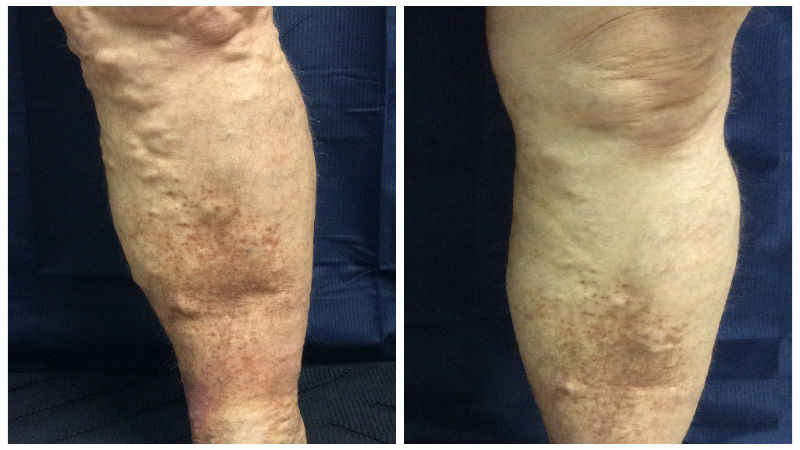While a number of educated people have general knowledge of hormones and how they work in the most do not know the many different types of hormones and their specific purposes. Pheromones are a hormone many people may recognize by name, but most have no idea exactly what are Pheromones.
Pheromones are considered ectohormones, or hormones that act outside of the body that secretes them. Pheromones can impact another individual’s behavior. The other individual is usually the same or a similar species as the individual who is secreting the hormones. The hormones lead to a social or sexual behavioral change that would not have occurred otherwise.
Pheromones can result in many different behaviors. Alarm, sexual arousal, domain, bond, back off, and follow are some of the main behaviors. A type of pheromones called epideictic pheromones can even tell female insects to move somewhere else to lay their eggs. Many exterminators use pheromones to trap males, prevent mating, or disorient them. Pheromones are highly successful in insects and much easier to understand than the pheromones of mammals.
There are four types of pheromones: releaser, primer, signaler, and modulator pheromones. Releaser pheromones cause a rapid and reliable response. These pheromones are linked to sexual attraction. Primer pheromones require a longer time period before achieving results. They can change development and reproduction physiology, like puberty, menstrual cycles, and the success rate of pregnancy. In some mammals, research showed that pregnant females may spontaneously abort their fetus if they are exposed to primer pheromones of another male. Signaler pheromones give information including the genetic odor print. They help the mother to know her newborn by its scent, for example, something that fathers usually can’t do. Modulator pheromones change bodily functions. These pheromones are usually found in sweat and can change a female’s menstruation cycle or even help her calm down and relax.
It isn’t completely clear what are Pheromones or how exactly they work in the human body or even if they work at all. There is some scientific evidence claiming pheromones attract humans to each other and alter a woman’s mentrual cycle. Unfortunately, there is not any medical evidence or research to back these theories.








